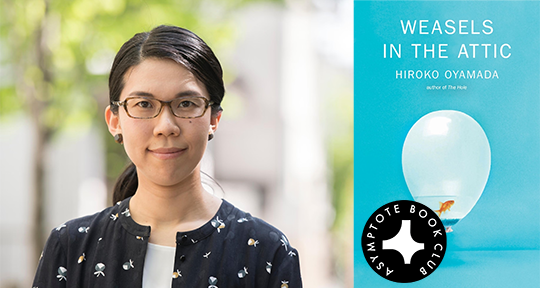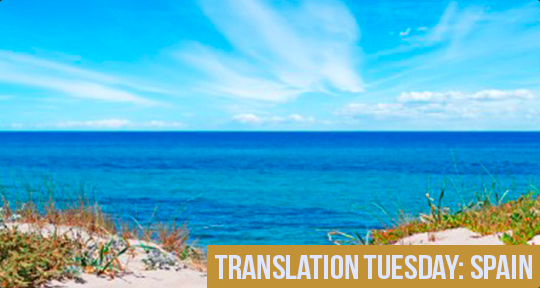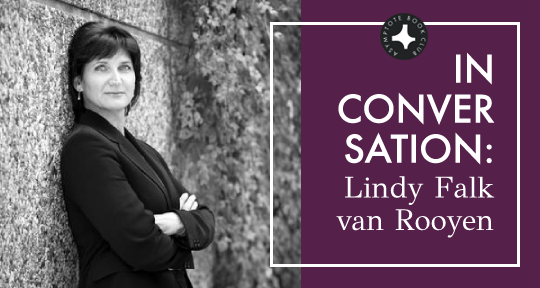Not sure where to start with our tremendous fiftieth issue? Our blog editors talk their favourites.
In its overarching theme of “Coexistence,” Asymptote’s monumental 50th issue draws together the quiet, the forgotten, and the unseen, allowing us to inhabit worlds that are not our own. From the bright unease of Elena Garro’s “The Week of Colors” (tr. Christine Legros), to the serene, dynamic stanzas of Eva Ribich’s Along the Border (tr. Julian Anderson), to the dedicated love in Almayrah A. Tiburon’s “Keyboard and Breastfeed” (tr. Bernard Capinpin), Asymptote’s Winter 2024 Issue examines the relationships we have with each other, with the world, and with ourselves.
Dark and unflinching, Maria Grazia Calandrone’s Your Little Matter delves into the ambiguous history of the author’s mother Lucia, her parents’ joint suicide in Rome, and all that was left behind. Central to the piece are physical mementos—two old photographs of Lucia, a list of items left in a suitcase, clippings from a newspaper—from which Calandrone pieces together the story of her parents’ lives, revealing aspects of a woman her daughter barely knew. Alongside the photos come memories passed down and memories created, as Calandrone pieces together the life of a young woman who was nearly forgotten.
Translated by Antonella Lettieri, Your Little Matter is a work of empathy—of putting on a parent’s shoes, of imagining the pain and the love of the life that led to yours. The lives of our parents are distant, disconnected from our own. Even for those who knew their parents, the question of who they were before we existed can be haunting. What did you lose when you had me? What did you gain? It can be a self-centered venture, as relationships with parents often are, and Your Little Matter simultaneously veers away from and embraces this selfishness. Who were you? Why did you have to leave? I want to remember you; I want you to be remembered. Calandrone’s condemnation of the society that killed her parents; the somber moments spent amidst photographs, imagining; the love she holds for someone who can only be known retroactively—these elements draw you into Lucia’s life, her story, unforgettable. READ MORE…





